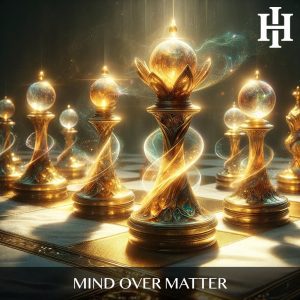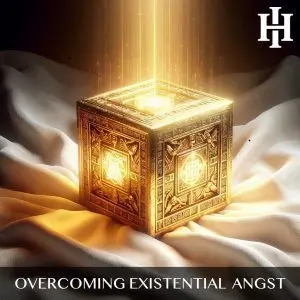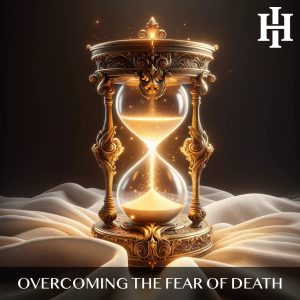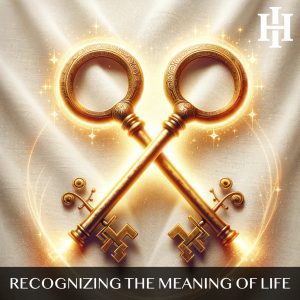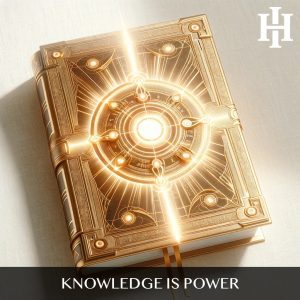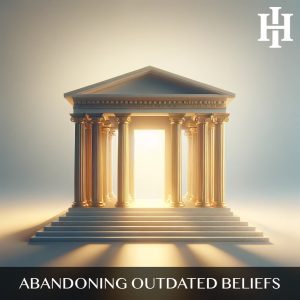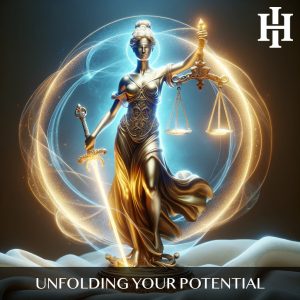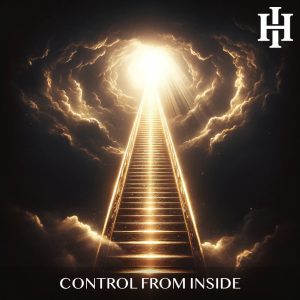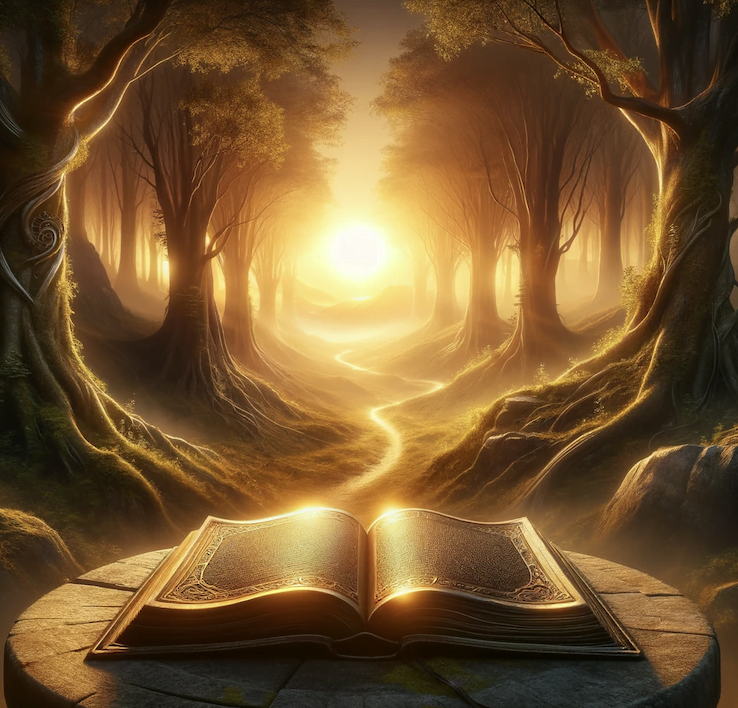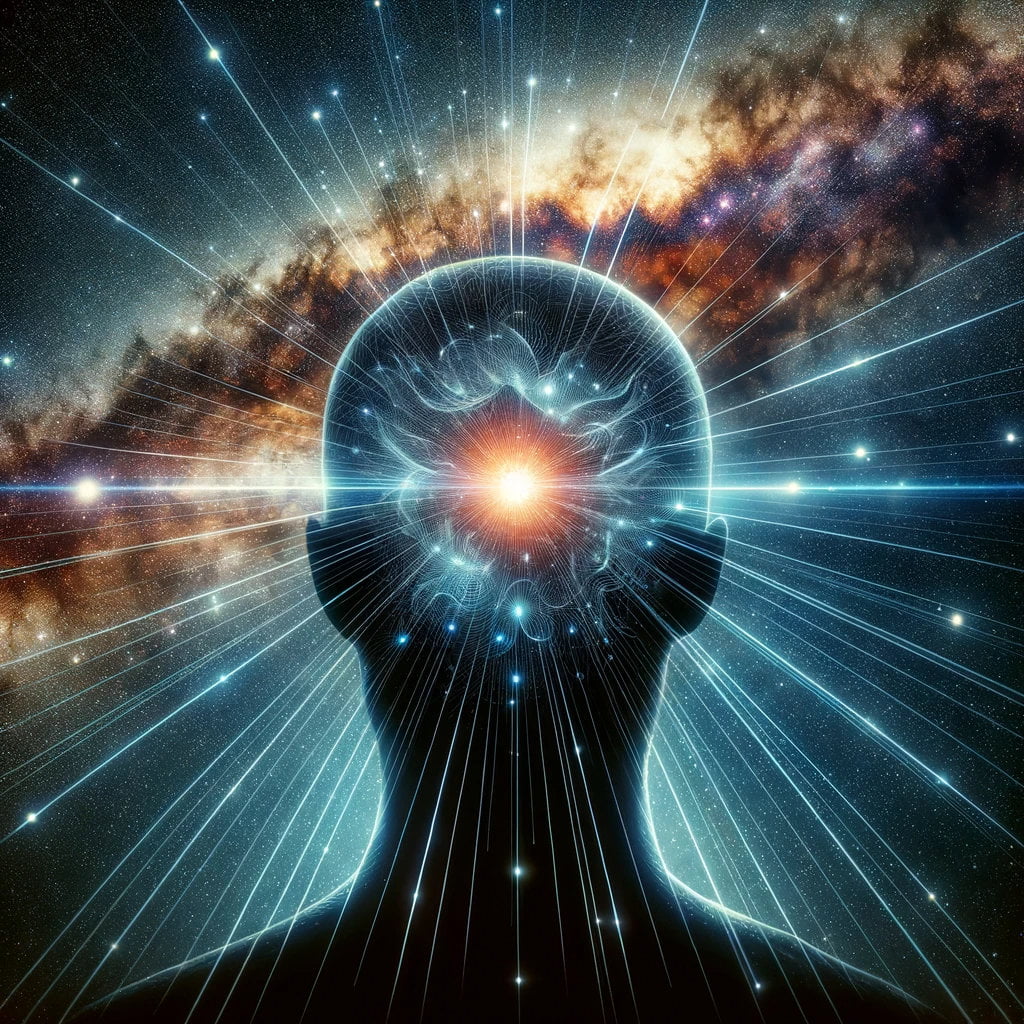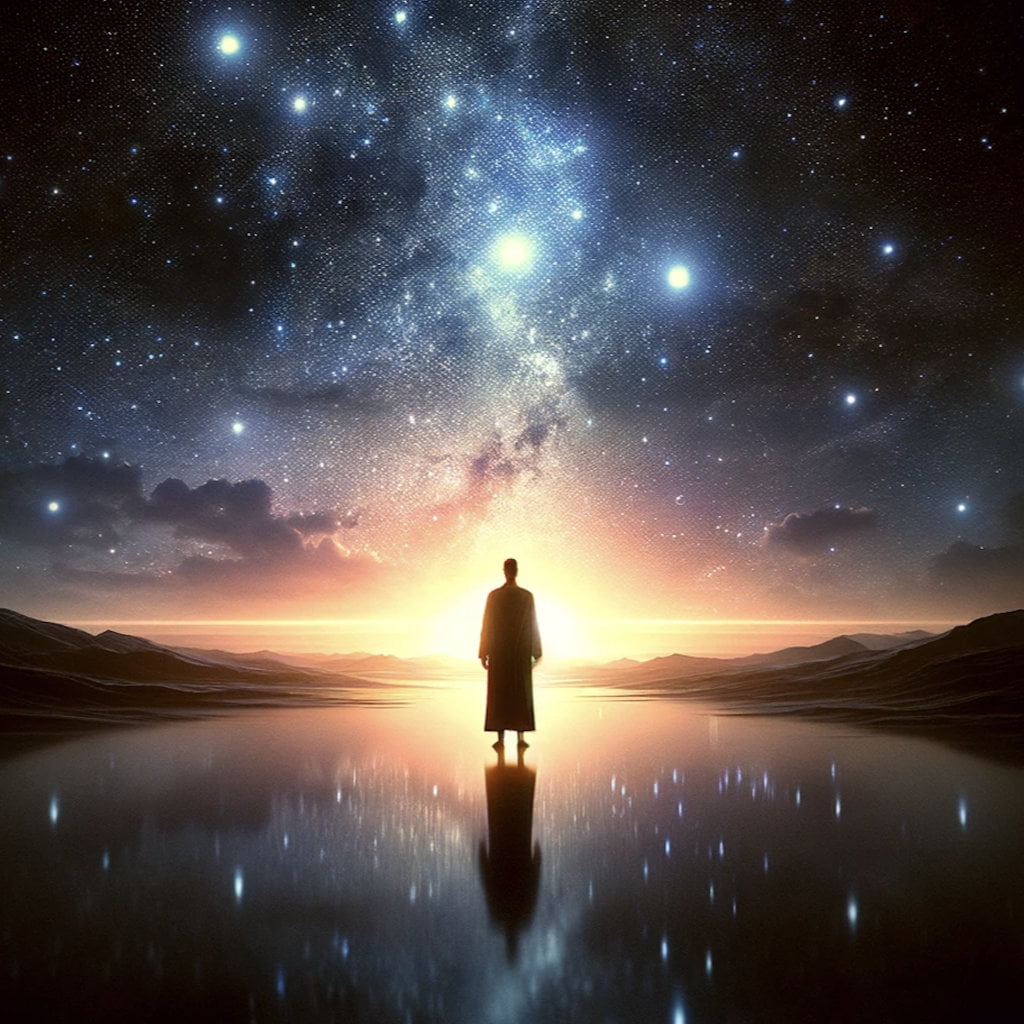Learn about the fastest spiritual growth at the Hermetic Academy!
We help you become spiritually enlightened easily, and it only takes a few minutes a day.
Experience authentic initiation, the most powerful tool for your spiritual evolution. Plus, with the Hermetic Voice, you can listen to transformational lessons while driving or at the gym.
Where Timeless Wisdom Meets Personal Evolution
Discover personal awakening with our lessons, blending modern insights and timeless wisdom. More than learning, it’s an immersive journey to unleash your potential and start your greatest life adventure.
Discover Selected Reviews from Our Students
Change Your Life with Deep Secret Knowledge
Join our community at no cost on ‘The Great Awakening’ through Telegram, and start your path to enlightenment and personal growth.
Learn the core of enlightenment in our conversations on many subjects, like the principles of hermeticism, which are key to our quest for understanding and improving ourselves.
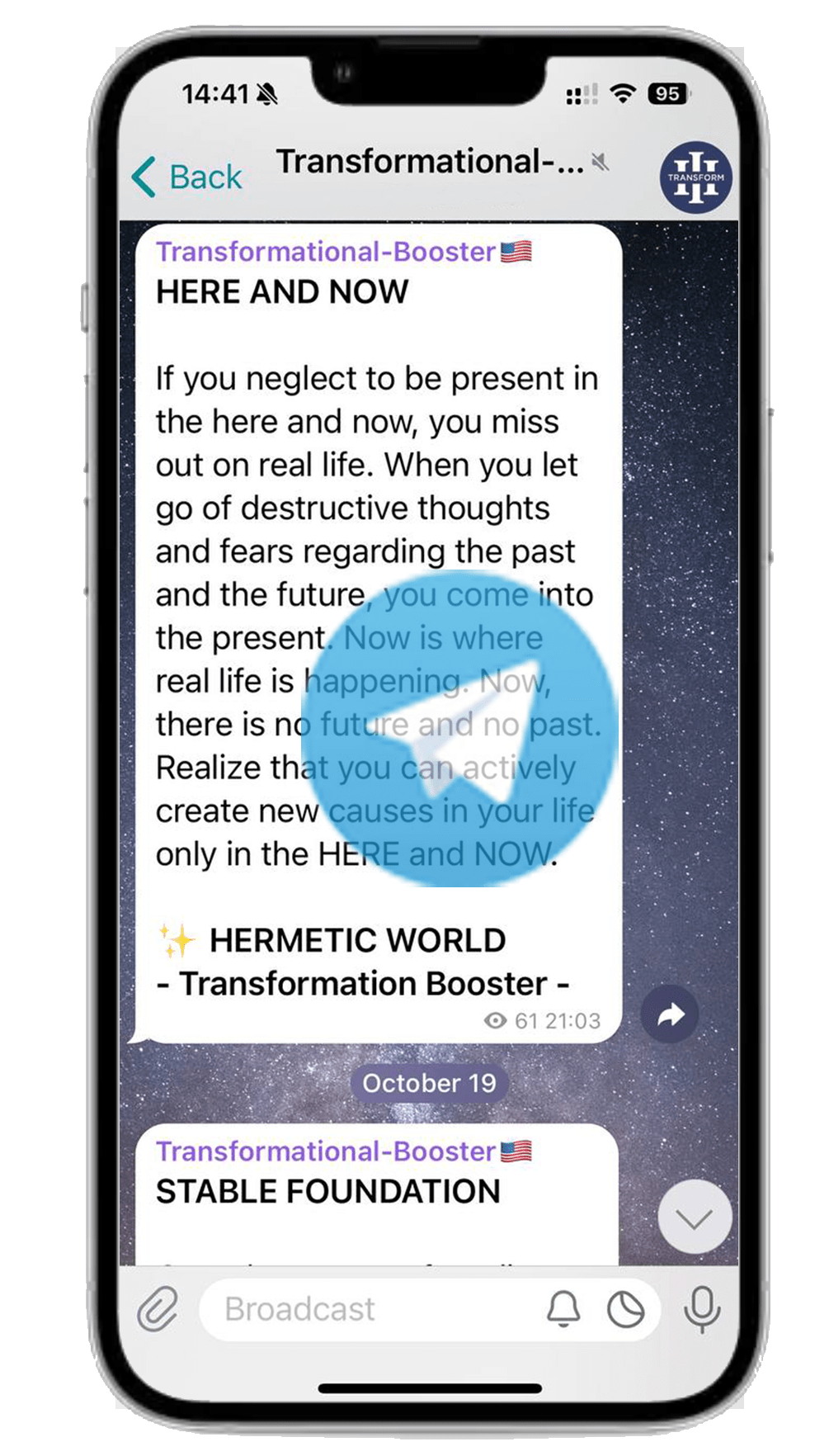
Sign up for Our Monthly Newsletter
THE ALCHEMIST’S JOURNAL: Secrets for Transformation & Empowerment
– Your Pathway to Enlightened Living
✓ Sacred Insights Simplified: More than a newsletter, it’s your guide to navigating life’s complexities with empowerment. ‘The Alchemist’s Journal’ unveils secrets to unlock your inner potential.
To view the newsletter form, please enable the Newsletter category in your cookie settings for this site.
Cookie settings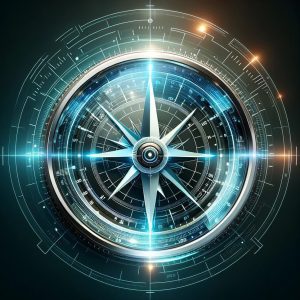
Blog Spotlight: Timeless Wisdom Revealed for the Modern Seeker
Frequently Asked Questions
After the free trial, the subscription to the Hermetic Academy costs $34.95 monthly, and you can cancel anytime.
Absolutely, the Hermetic Academy offers initiation rites as a core component of its comprehensive spiritual curriculum. These rituals are designed to promote the personal spiritual transformation and growth of the participants. What’s unique is that the Academy blends time-honored traditions with cutting-edge technology to additionally offer online initiations, ensuring that participants can have a true ritual experience regardless of distance.
To join the Hermetic Academy, you need to be over 18, open to learning, and have internet access, with no prior knowledge required, ensuring a welcoming environment for all seeking personal and spiritual growth.
Basic internet access is required; additional materials, if needed, are specified within course descriptions.
You have the freedom to study at your own pace. There are no mandatory exams, and the lessons are automatically unlocked as you progress.
Yes, the Hermetic Academy offers online events, including a monthly retreat led by Dr. Elias Rubenstein, as well as guided online meditations for members. These events are designed to deepen your understanding and practice within the Hermetic tradition.
The courses at the Hermetic Academy are carefully structured and build upon each other to provide a sequential learning experience. Additionally, the academy offers monthly retreats that cover a broader range of topics.
Embrace the opportunity to explore the transformative teachings of the Hermetic Academy risk-free with our 14-day free trial. Discover at your own pace, and should you find it’s not the right fit, you can easily cancel within the trial period through the member area, no questions asked. If you are not satisfied, you can terminate your studies with a single click without incurring any further costs.
The 14-day free trial at the Hermetic Academy allows new members to explore a variety of courses and teachings at no initial cost. Access during the trial includes weekly lessons and the possibility to participate in monthly online retreats and guided meditations, if these events occur during the trial period.
Yes, our teachings offer detailed guidance on meditation practices to enhance self-awareness and foster a peaceful mind, key for spiritual growth. Additionally, we provide live online guided group meditations, allowing for a more interactive and supportive learning experience in developing your meditation skills.
In the foundational “Wonders of Hermeticism” course, the emphasis is on learning the theory and practice of manifestation, including the application of Hermetic principles to achieve practical results. This course equips students with the knowledge to apply the Law of Attraction effectively, guiding them through the process of turning intentions into reality.
The Hermetic Academy’s Monthly Study Plan is structured as a subscription service with these specifics:
- Subscription Fee: The monthly price for this subscription is set at $34.95.
- Coverage of Subscription: This fee includes access to a variety of features such as weekly compact lessons, monthly live online retreats, and a Weekly Transformation Telegram Booster.
- Content Access: Subscribers benefit from engaging, lifelike content that is available 24/7, allowing for flexible learning at any pace.
- Subscription Flexibility: The subscription model offers the convenience of pausing or canceling at any time with ease within the member area.
Yes, the Hermetic Academy provides a ‘Read Aloud Assistant’ (Hermetic Voice) for users who prefer audio, allowing lessons to be listened to instead of read.
Yes, with the Lesson Notes feature, you can record your inspirations and thoughts as personal notes and save them for future reference.
The retreat, led by Dr. Elias Rubenstein, includes live Q&A and lectures, focusing on practical, everyday applications of Hermetic wisdom.
You can pause or cancel your studies anytime with a simple click in the member area, offering flexibility.
Gain spiritual and personal growth through a blend of ancient wisdom and modern insights, with guidance to unlock your potential and fulfill your life’s purpose.
It’s suited for those seeking personal and spiritual growth, understanding life’s deeper meanings, and realizing their full potential through ancient mystical knowledge
The Hermetic Academy offers deep, time-tested guidance for lifelong self-development, standing out amidst fleeting spiritual trends. With resources proven effective by thousands, our courses blend theory and practice in clear language, empowering personal discovery of truth, freedom, and fulfillment.
Science shows that finding meaning and engaging in spirituality, meditation, and imagination positively impacts mental and physical health, enhances social and emotional well-being, and fosters personal resilience and happiness.
Membership requires being over 18 and valuing human dignity and freedom. No special knowledge is needed. You’ll need a device with internet access for online lessons.
You can freely allocate your time for this. The lessons are online and can be studied from anywhere in the world at any time (distance learning, e-learning). You can invest a few minutes or hours per week. It depends solely on you and your interest as well as commitment. You can also pause the course; once the lessons have been unlocked, you can go back and re-read them as often as you want.
You can study at your own pace, anytime, anywhere. Time commitment is based on your preference, and you can pause and resume the course as needed.

